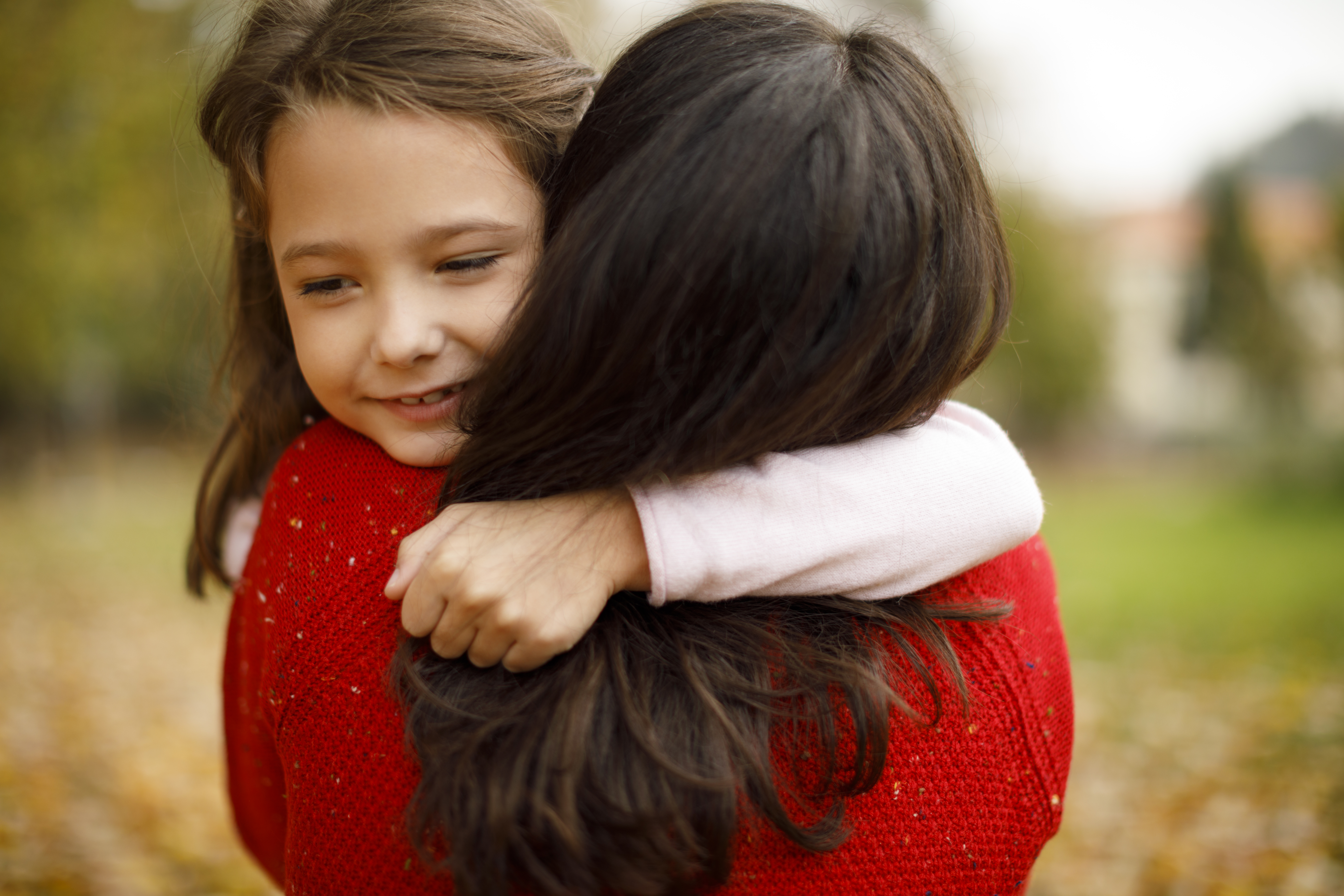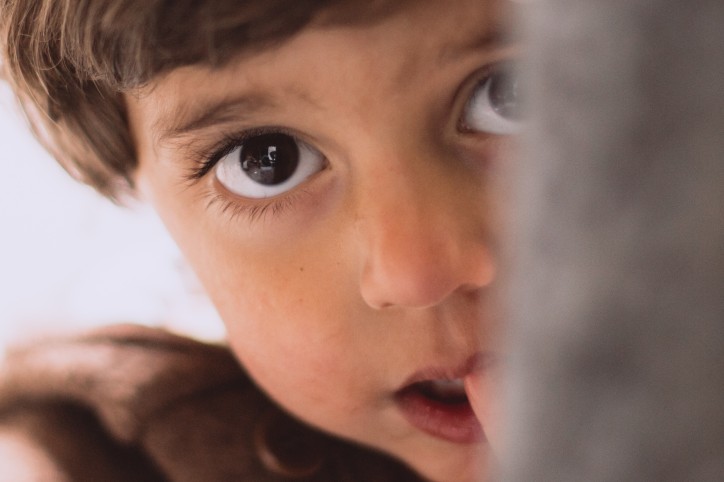Kids, like adults, have no shortage of reasons to get angry. “Think back to a day in the life of your childhood: You get hit with a ball. Your sibling takes your toy. A classmate calls you a mean name. It feels natural to strike back and even the score, doesn’t it? While enacting revenge can bring momentary satisfaction, it’s not healthy,” says Lorena Junco Margain, author of On The Way to Casa Lotus. Forgiveness is an essential trait. “When we forgive, we heal ourselves. This is a lesson I’m committed to teaching my own three children.”
With that in mind we asked Junco Margain, whose book tackles the importance of forgiving, to outline five steps we can all implement to help our kids learn about forgiveness.
Flex your forgiveness muscle
“Did you know forgiveness is like a muscle? It takes work to keep it in shape. Have your child identify some muscles on the body and perform a simple exercise (like a sit-up or jumping jacks) with them so they can feel those muscles working. Now, tell them forgiveness is the same. You have to practice and get good at it. The more you work the muscle, the easier it will get. And you know something? Like exercise, forgiveness makes you feel good.”
Remind them you’re human
“Parents seem infallible to kids. You must remind them that you make mistakes too. Tell them about those mistakes and the times you wanted to hit back or strike out. This is a great opportunity to teach your child that the important thing is to remember that we all mess up, and we are all capable of learning and doing better next time. Tomorrow is a new day.”

Talk about shoes
“Shoes? Yes! The old adage about walking a mile in another person’s shoes is the one you want here. A kid who is dealing with feelings of anger or resentment needs a walkthrough of what the other person might be feeling. That child who cut in line or said something mean might also be angry or hurt. Use this lesson as a springboard to consider another’s circumstances. Do they have a stressful situation at home? Maybe it was just a bad day? We know what happened to cause the hurt feelings on our end, but consider the part we don’t know, on the other end. This is a masterclass in perspective and empathy.”
Teach them to bounce back
“This is important. Acknowledge your child’s pain. Being wronged hurts! In fact, it’s good and healthy to embrace emotional pain. The thing we must remember is that our emotions are stronger than we think, and they’re very good at healing themselves. Let kids know that tuning into their emotions and talking about it helps. Then, you let it go and move on.”
Love multiplies!
“Teaching kids to be good at forgiving means mastering the times tables of love. When we forgive, we bring people together and make connections stronger. Ask them to envision the type of world they want to live in and talk about how we can make our vision a reality if we all work as a team. Use toys, action figures, or the manipulatives of your choice to show the strength of the collective.
Forgiveness is a teachable skill. We all must practice it in order to lead lives free of bitterness and pent-up emotions. The earlier kids learn this valuable skill, the easier it will come to them along the way.”








